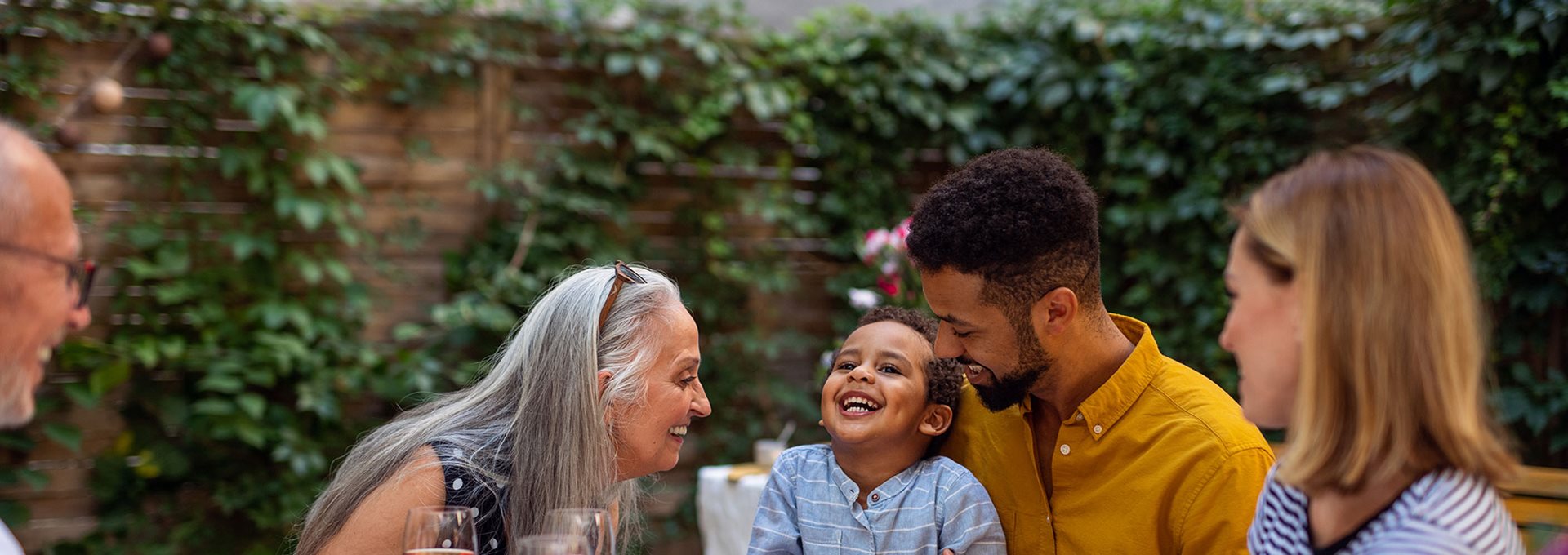
HOT TOPIC
Backing innovation
Where private capital and powerful ideas meet
Whether you are an investor, founder, business leader or philanthropic foundation, our role is to help you realize your ambitions and shape your long-term strategy.
We'll provide commercial and robust legal advice at every step.

HOT TOPIC
The Global Rethinkers
People. Purpose. Progress.
The most powerful forces for change come from rethinking. Without challenging the status quo we can't hope for change in business, in our communities or society at large. Creativity and innovation has never been more important. Who will lead the change and who will back it?
We're getting behind some of the founders and innovators who are changing our world.

HOT TOPIC
Evolving families around the world
Navigating change. Building legacies. Global advice.
Ensuring family is protected and provided for motivates us all to prepare for the future.
With the right guidance, planning for tomorrow can deliver long term protection.

Thinking about the unthinkable
Life, law and lineage are interlinked, whether you’re planning ahead for the future or dealing with an unthinkable family issue. Find Out More
Where next? Living and working around the world
Helping successful people and their families manage relocation. Find Out More
Your Will, your legacy
Demystifying the process of creating a Will through a series of Q&A videos. Find Out More
#WorkingWorld
Change is non-negotiable. Evolution is everything
Sharing insight into the issues affecting our immediate and future working world, and advice on how you might handle the challenges ahead.
#WorkingWorldResources

Asia commercial real estate investment guide
Whether you are acquiring, building, managing, leasing or divesting, we pride ourselves as trusted advisors who can assist you to achieve your investment goals in the most efficient way.
Asia commercial real estate investment guide
The future of real estate
Covid-19 has proven to be the catalyst to accelerate profound change in the way we live our lives and use our buildings. This change was already happening, but slowly, and it was difficult to see how it might ultimately change the buildings around us. Together with a range industry professionals, we share our unique insights on the issues shaping our work, home and social lives.
The future of real estate report
